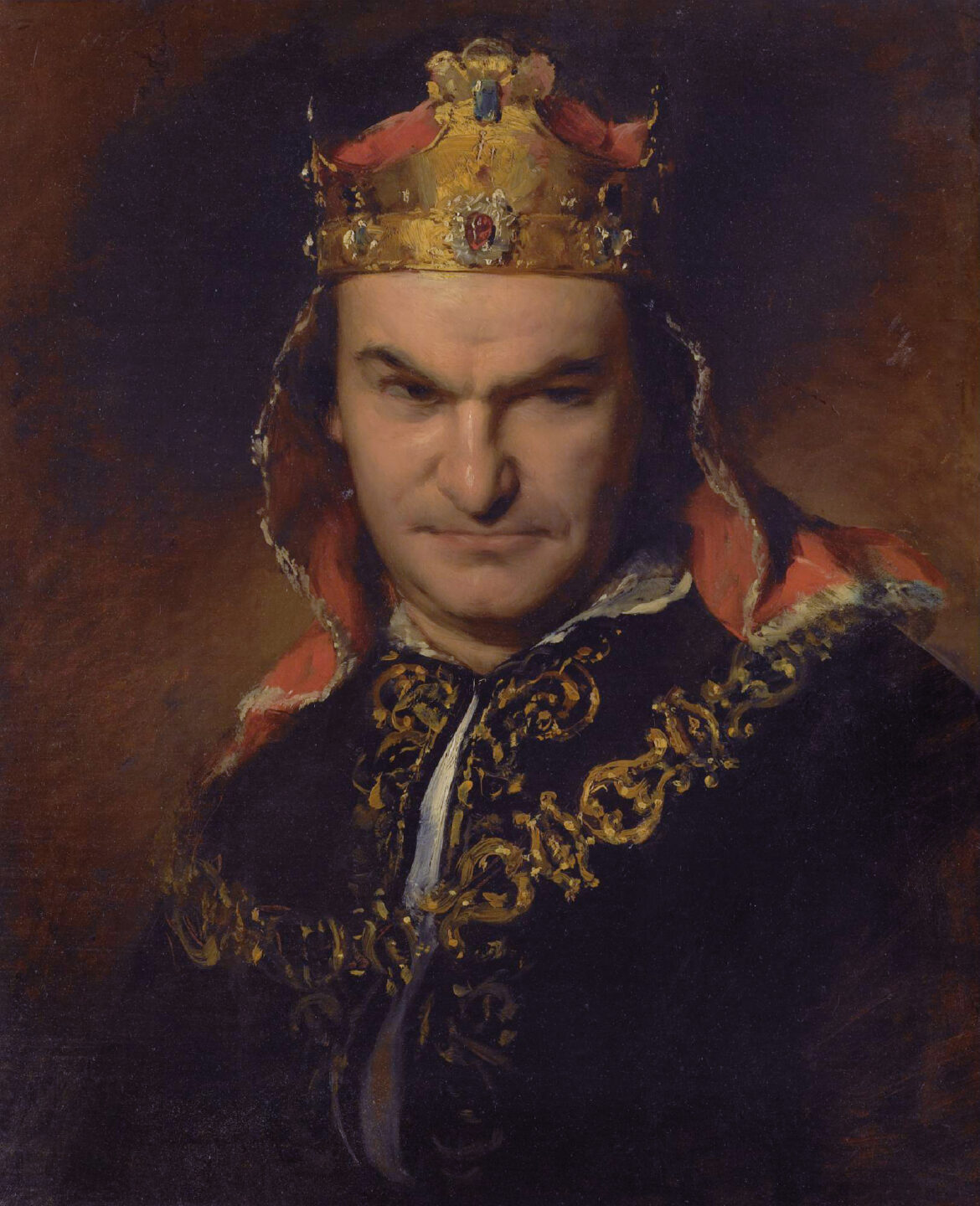Born on 15 May 1818 in Warsaw, Bogumił Dawison made a name for himself as an excellent actor. His life’s journey, marked by both struggles and triumphs, is an extremely interesting episode in the history of theatre.
Dawison came from an indigent family and grew up in the Jewish quarter of Warsaw, in the family of Ignacy and Rozalia Dawison. Poland did not exist at the time, as the 18th century saw the violent liquidation of the Polish statehood by the neighbouring countries of Russia, Prussia and Austria.
He began his path to fame by working on the editorial staff of the Warsaw Gazette, and later trained at the Warsaw Drama School from 1836 to 1837. He played his first role on stage on 30 November 1837 in a production of Two Prisoners from the Galleys.
Dawison quickly gained recognition in theatrical milieu thanks to his acting skills, even though he initially played mainly roles of amantes. His talent developed under the influence of the experienced actress Leontyna Halpertowa, who was his mentor. After a career as a critic in Warsaw, Dawison moved first to Vilnius and then to Lwów (today’s Lviv). There, in 1841, he began performing on both Polish and German stages. The time he spent in Lwów was turbulent for him, full of controversy over his attitude, including accusations of Germanophilia.
In 1846, amid political unrest in Galicia, Dawison emigrated to Germany, where he continued his theatrical career. In 1848 he returned to Lwów, where he married Wanda Ostoja-Starzewska. From 1849 to 1853 he performed at the Burgtheater in Vienna, and from 1854 to 1864 worked with the Royal Saxon Theatre in Dresden, where he gained recognition as a forerunner of the realistic acting style.
Dawison became famous for his masterful interpretations of Shakespearean characters such as Shylock, Mephisto and Franz Moor. His tours of Europe and America brought him international fame.
In 1867, already an established artist, he embarked on an artistic journey to New York. After converting to Evangelicalism, he married again in Dresden. His bride of choice turned out to be Constanze Jacobi.
Unfortunately, in the last years of his life, Dawison struggled with mental health problems, which eventually forced him to give up his stage career. He passed away on 1 February 1872 in Dresden, where he was buried.
Dawison was also the author of a diary, which was unfortunately destroyed during the Warsaw Uprising. His extraordinary life became a source of inspiration for many literary works, including works by Zofia Urbanowska, Karl E. Franzos, Gabriela Zapolska and Cyprian Kamil Norwid.





